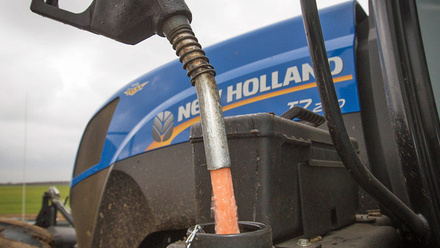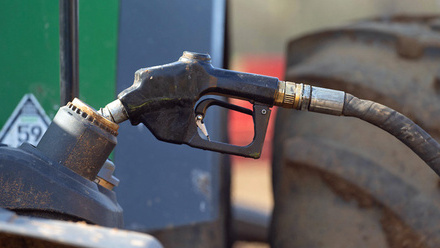Potential changes to recognition of UK Renewable Energy Directive (RED) II Assurance by European Commission
2023-0080
Summary
Renewable Energy Directive (RED) II assurance currently allows companies to trade crops to the domestic and European bioenergy sector - a growing and important area of the UK economy.
The UK agri-food supply assurance scheme owners - the Agricultural Industries Confederation (AIC), Red Tractor Assurance (RTA) and Scottish Quality Crops (SQC) - are currently recognised as voluntary schemes by the European Commission (EC). This allows the Commission to certify a range of UK companies and farms to RED II, demonstrating that these organisations meet the requirements of the RED.
Find out more about RED II on the AIC Services website.
Potential changes
This assurance framework has been in place to the benefit of growers and their customers for many years. However, at the end of June 2023 the European Commission informed AIC, RTA and SQC that following the UK’s withdrawal from the European Union, from December 2023 these assurance schemes can no longer be recognised unless accreditation within the EU can be achieved.
The specific legal requirement is that the accreditation is operated by a National Accreditation Body under an EU Regulation and, since the UK is no longer a member of the European Union, the European Commission no longer considers the United Kingdom Accreditation Service (UKAS) to comply with this.
AIC, RTA and SQC are currently working with the industry and stakeholders to find a way to ensure accreditation continues under the EC’s new interpretation, including contact with:
- Guidehouse Europe Ltd, the organisation that manages the voluntary scheme assessment process on behalf of the EC
- The EC to attempt to and reverse this decision
- UKAS to encourage action to gain recognition from the EC
- The Department for Transport (DfT) to determine if a UK Scheme could be set up to meet these requirements
- The contracted Certification Bodies for all schemes to determine the best way to resolve this issue
- Member companies/assurance participants to determine the best course of action
More information will be forthcoming as these discussions progress, but this is a concern for the UK as means a potential change to the certification status of RED Certified participants.
Possible outcomes
The possible outcomes of these discussions can be summarised as follows:
- The EC makes the decision to continue to recognise UKAS as a National Accreditation Body, so the UK RED II Schemes continue to be recognised
- Certification Bodies accredit the current RED Scheme under an EU Accreditation Body, which is recognised by the EC
- The DfT recognises the UK-based RED II Schemes, which allows continued compliance with domestic renewable fuels legislation
- None of the above actions are successful and the UK schemes lose their RED assurance status
If option 3 and 4 is the outcome, then alterative assurance against RED II will be required by current certified companies to meet the RED II requirements of customers.
For AIC Members and assurance scheme Participants currently certified to RED II, this would mean new certification under one of the approved schemes listed on the European Commission website.
However, this webpage is likely to change with respect to UK schemes after December 2023 in line with the proposed changes by the EC.
This would inevitably result in more cost for AIC’s current assurance participants to gain alternative RED II assurance.
If RTA and SQC lose their RED status with their schemes, this would also mean additional work and hence cost for the trading company in terms of RED II compliance and in some cases complicate the demonstration of Greenhouse Gas characteristic of crops sold.
As well as placing additional costs and resource strains on AIC Participants and participants of the UK farm schemes, additional burden would also be placed on the UK biofuels sector to manage this new assurance framework.
AIC, RTA and SQC will continue co-ordinated negotiations in conjunction with other stakeholders and keep the industry informed over the coming weeks and months on the latest developments.
For more information and Frequently Asked Questions, visit the AIC website.





